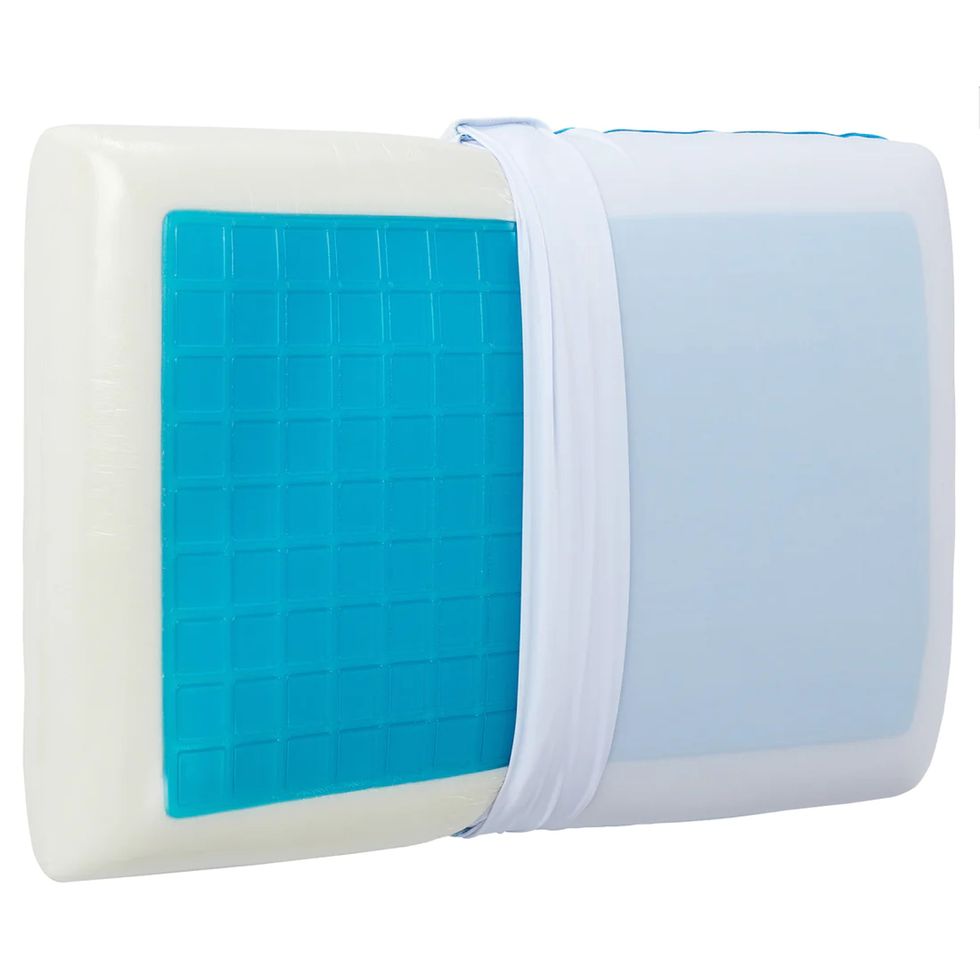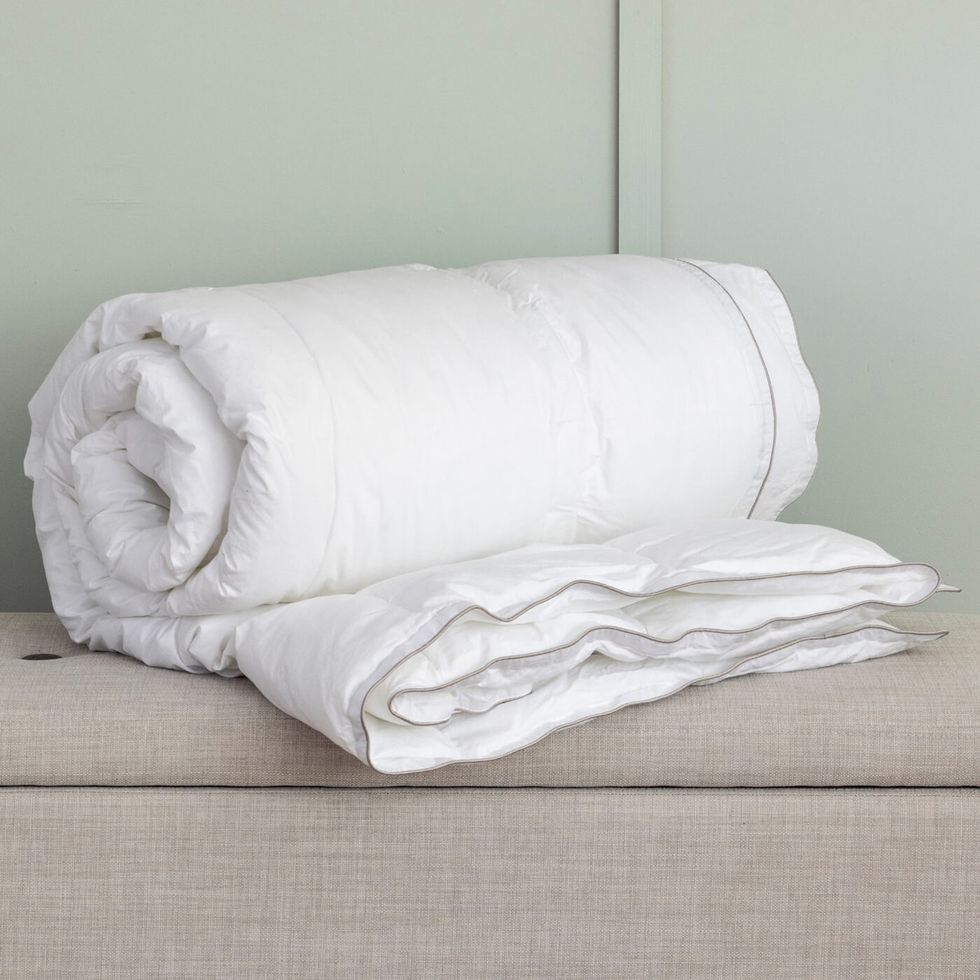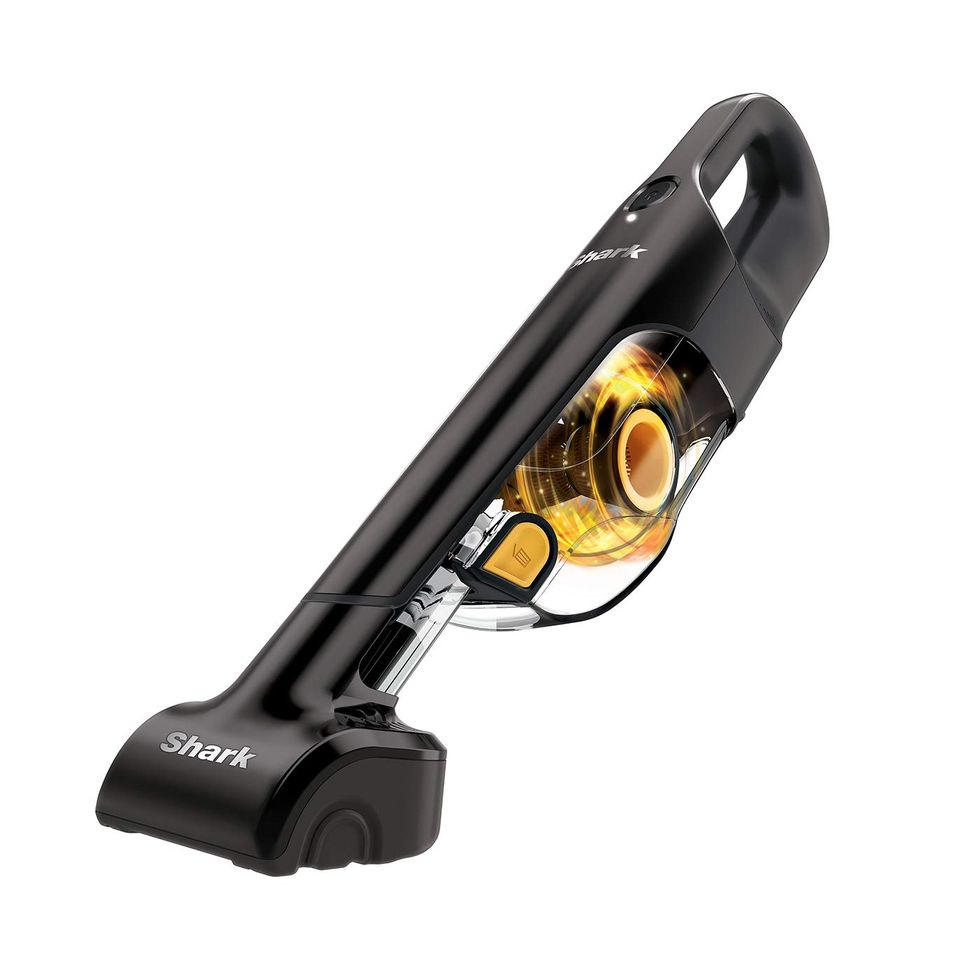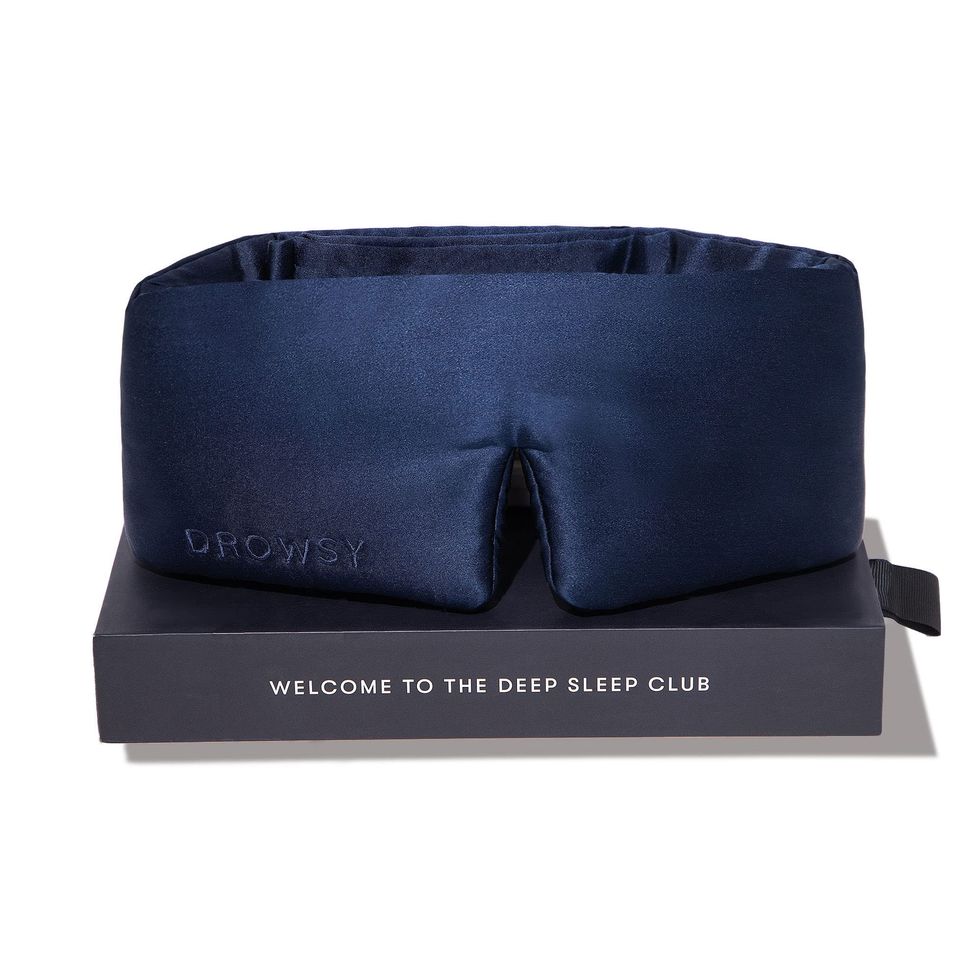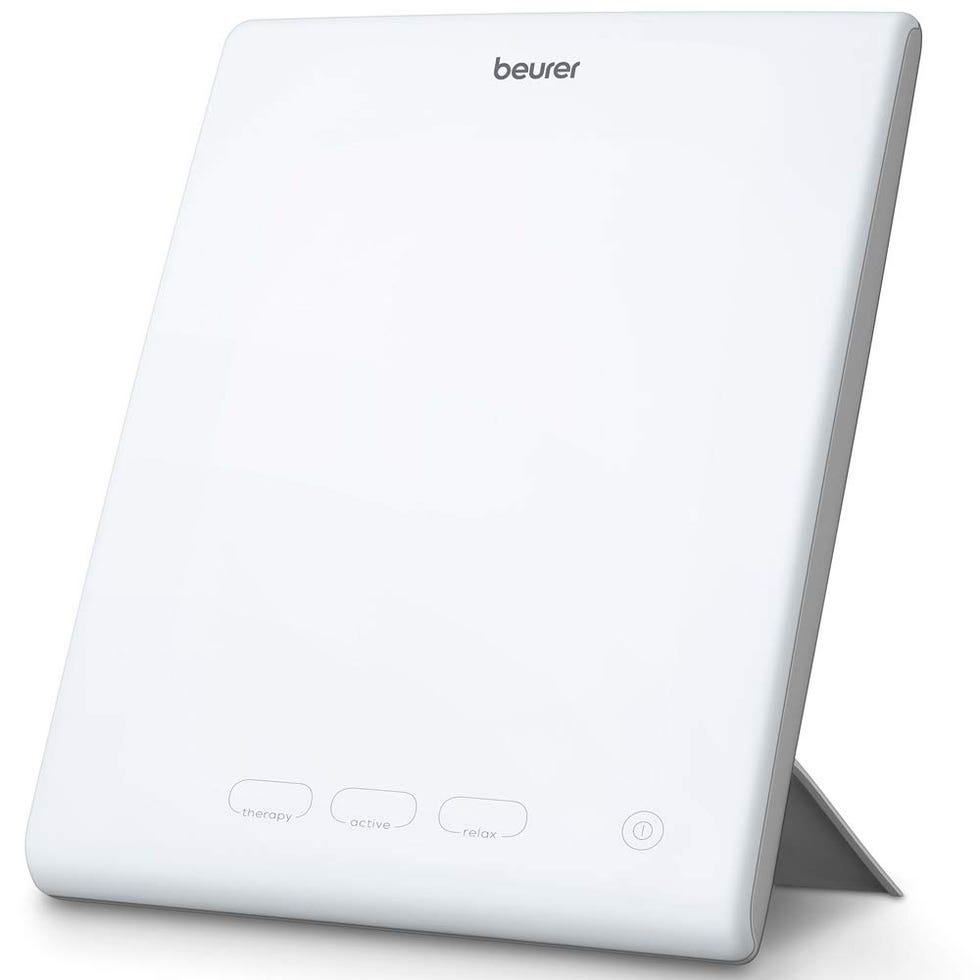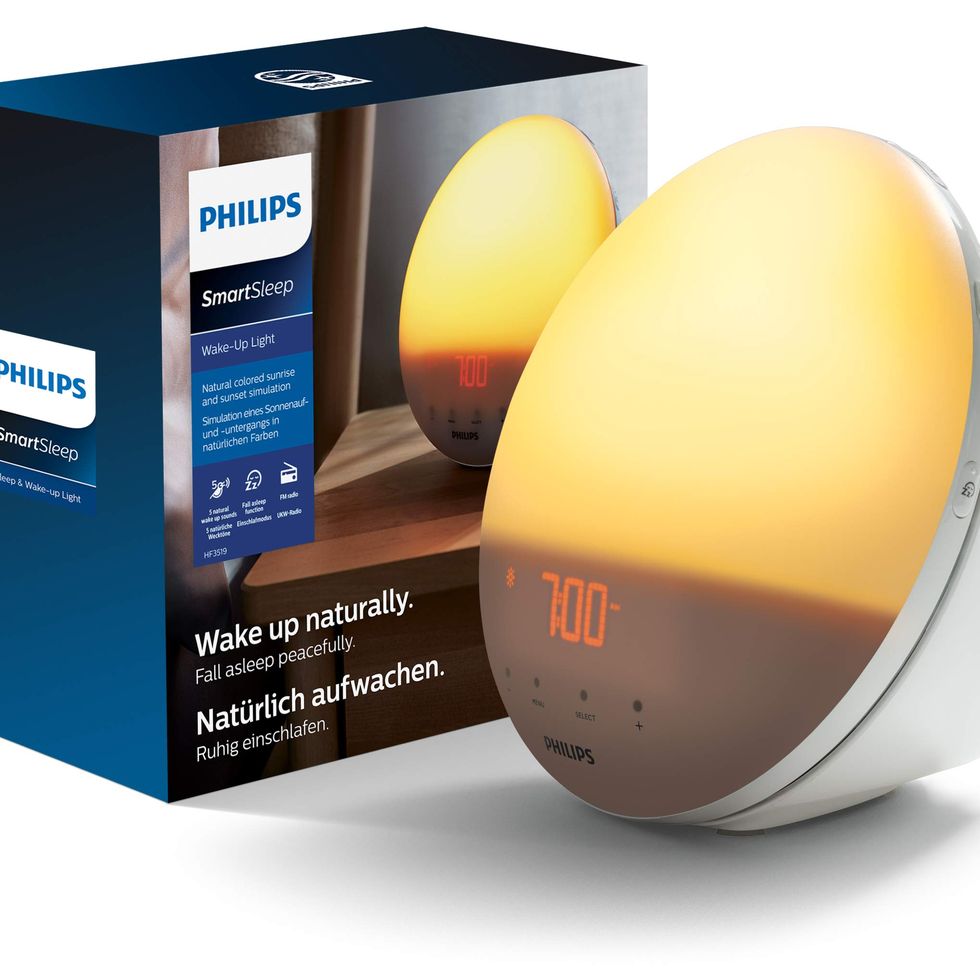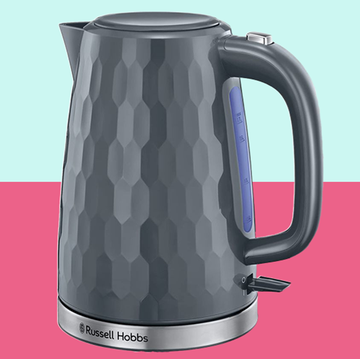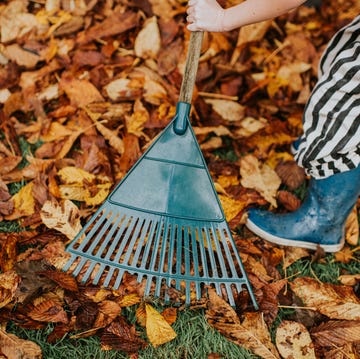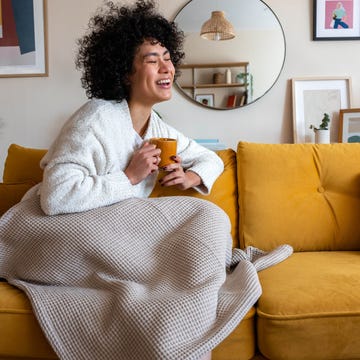If you’ve spent last night tossing and turning, you’re not alone.
73% of you struggle with your sleep and only 5% consistently enjoy a good night's rest, according to our 2025 Good Housekeeping Sleep Survey of over 1,400 readers. The biggest sleep thief is snoring, which impacts a whopping 87% of you, followed by needing to pee (68%), stress (50%) and sleep anxiety (23%).
Although we all suffer from an occasional sleepless night, when insomnia persists it can become a real health issue. “Like proper nutrition and exercise, sleep fulfils a vital role in keeping us healthy and happy,” Lisa Artis, deputy CEO of The Sleep Charity, explains. “We need a good night’s sleep to ensure we’re feeling fit, thinking sharply and generally to give us the appetite and enthusiasm to make the most of everyday living.”
What to read next
To help you finally get some Zs (and stop you lying awake counting the minutes until your alarm goes off), we spoke to three sleep and wellness experts to get their top tips and we spoke to the experts at the Good Housekeeping Institute who've tested hundreds of sleep buys this year alone to find the ones that genuinely work.
1. Get your temperature right
Part of getting a good night’s sleep is being comfortable in bed, whether that’s making sure you’re curling up on the softest bedding or sleeping in comfortable, cooling nightwear.
“Use the right tog duvet for the time of year. It is not uncommon to have a winter (10 togs and over) and summer duvet (around 4.5 togs) and use them accordingly,” Artis advises. “If you’re not comfortable in bed – because you’re too hot or too cold – your sleep won’t be as deep, you’ll move about more and will wake up feeling tired and unrefreshed.
“Choosing the right bedding fabric is essential to restful sleep and cotton is often a preferred choice for both bedding and nightwear as it is breathable, wicks moisture and stays comfortably cool against skin.”
According to the Sleep Foundation, the best temperature for sleep is 18.3°C and doctors recommend keeping your room between 15.6 and 20°C.
To help you find your ideal equilibrium, our experts have rounded up the best duvets for every need and budget, from delicious, cooling ones to cosy winter ones, plus year-round options if you want the best of both worlds. For those who love new sheets day (who doesn't?), we've also found the top-rated Egyptian cotton bedding for crisp, five-star-hotel-level comfort.
2. Declutter for better sleep
Your bedroom is your sanctuary and you need it to feel relaxing and clutter-free.
“Make your bedroom a place you look forward to – decorate it in a style that you like to help you relax and invest in quality bedding that helps you stay cool (but not cold) at night,” says Dr Kat Lederle, founder of sleep therapy platform Somnia.
"A messy room makes for a messy mind,” Artis, agrees. “Don’t use your bedroom as a dumping ground for the rest of the house. It should be a warm, inviting space so adorn your bedroom with beautiful things such as photographs of loved ones, artwork that you like, plants and flowers.“
Don’t know where to start? Head to our household advice editor's guide on how to declutter your bedroom in 10 easy steps and check out her decluttering essentials below.
3. Invest in the best support
If your mattress isn't cushioning you in right way so you're waking up with aches and pains, or you're regularly woken up when your partner rolls over at night, it might be time to invest in a new one. You should aim to replace your mattress every seven to eight years and your bed frame at least every 10 years.
But where do you start? That's where our experts come in. When it comes to those big purchases, we do a lot of work to bring you recommendations you can trust. To find the best mattress for every need and budget, the Good Housekeeping Institute recruits a panel of sleepers to try them out for at least six weeks before giving detailed feedback, considering comfort, breathability, motion isolation and quality. We also survey people who have owned their mattress for at least six months to see how they perform over time.
With bed frames, we also send these out to our reader panel to try at home. They let us know about everything from delivery to assembly and, of course, what they're like to lie down on night after night.
We also review the best sofa beds to make sure they're as comfy to sleep on for guests as they are to sit on. You'll find all our experts' top-rated sleep surfaces below.
4. Build a wind-down routine
We all lead incredibly busy lives and having a wind-down routine can help to promote sleep.
“We need to slow down our heart rate and our muscles to relax,” explains Dr Maja Schaedel, the co-founder of The Good Sleep Clinic and expert for Irene Forte Skincare. “This usually happens naturally during the evening when our levels of the sleepy hormone melatonin start to rise; however, we often ‘fight’ this natural winding down process, especially if our minds are alert and engaged.
"We can help our minds and bodies to relax by ensuring we follow a nice wind-down routine before bed, such as a warm bath, listening to relaxing music or reading.
“It can also be helpful to put aside 15-20 minutes earlier in the evening to write down and ‘pre-empt’ any thoughts and concerns that might come up at night time. This way we can start to teach ourselves that night-time is not for engaging in our thoughts and that this is a daytime activity.”
Dr Lederle agrees, explaining: “For your brain and body to fall asleep, it needs some time to let go of the day. Sitting in the evening with a book you enjoy reading or a cup of tea can serve as a signal to the body that it can slow down now and prepare for resting mode.”
5. Ban the screens
Anything entertaining or work related, such as TVs, computers and tablets, games consoles and mobile phones, should be turned off or even better, banned from the room, according to Artis.
“Not only will they prevent you from falling asleep as they stimulate the brain, but they may become disruptive at inopportune times and wake you,” she says. “Also, the blue light that emits from these devices messes around with your body’s circadian rhythms by suppressing the sleep inducing hormone melatonin in the brain, which is what we need in order to feel sleepy.”
6. Use blackout curtains or a sleep mask
In darkness, your body releases a hormone called melatonin that relaxes your body helping you to drift off, Artis explains
“Light suppresses melatonin. Invest in lamp or dimmer light if you want to read in bed,” she recommends. “Blue light also inhibits the night-time secretion of melatonin so turn off computers, mobile phones etc. And if street lights or even early morning light wakes you, hang denser curtains, put up blackout blinds or use an eye mask.”
7. Spend time in the daylight
That might not seem to make any sense but increased daylight exposure can actually increase sleep efficiency.
“Spend time in natural daylight every day, ideally in the morning hours,” Dr Lederle recommends. “If you can’t get outside, see if you can stand by a well-lit window. Or get a light box to increase light levels in the morning to help your body clock know that daytime has started.”
The best SAD lamps and sunrise alarm clocks are both good ways to let more light into your day, especially during the darker months.
8. Be mindful of your caffeine and alcohol intake
All three experts agree that you need to be mindful of your caffeine intake and alcohol consumption, especially if you are suffering from insomnia.
“If you have coffee too late in the day it can make falling asleep harder. Stop having any caffeine after 3pm. Stay hydrated though, particularly when the weather gets warmer,” Dr Lederle says.
While Artis adds: “Too much alcohol, especially late at night, can play havoc with sleep patterns. Alcohol may help you fall asleep initially, but will interrupt your sleep later on in the night and it robs us of one of our most satisfying types of sleep, where dreams occur. Plus, you will wake dehydrated and needing the loo!"
9. Go to bed when you’re sleepy
“If you go to bed too early when you are not really sleepy then there is a good chance that you will struggle to fall asleep. This is partly due to not building up enough ‘sleep pressure’”, according to Dr Schaedel.
“My number one sleep tip is only go to bed when you're really sleepy and about to drop off to sleep, not before and not after,” she adds. “If you're someone who tends to fall asleep on the sofa while watching TV, then it's worth bearing in mind that this can have a massive impact on your sleep when you do go to bed.
“Instead, try to keep awake and alert when you are watching TV and then take yourself to bed when you can’t keep your eyes open anymore. If this is early on in the evening and you don't feel quite ready to go to bed, try stretching your body or walking around a little bit to ensure you don’t fall asleep on the sofa.”



